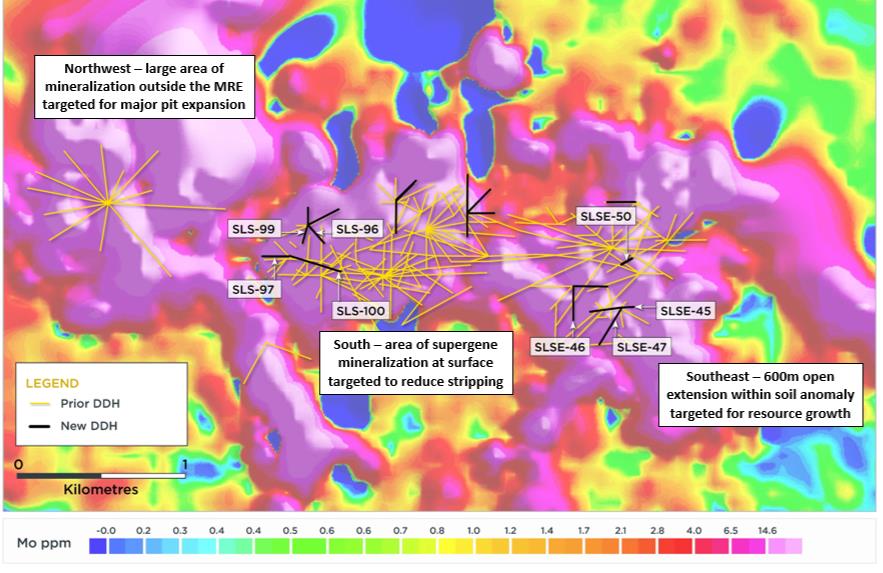Update February 2024 on Commission Plans Liberalization of New Genomic Techniques (NGTS) in the EU
By: Wolfgang Schönig and Liz Freeman Rosenzweig Ph.D.
Research assistant Sarah Baumann substantially contributed to this article.
On February 7, 2024, the European Parliament approved the draft regulating plants obtained by certain new genomic techniques (NGT) like CRISPR-Cas. The members of the European Parliament (MEPs) voted to divide NGT plants into two categories: NGT-1 plants and NGT-2 plants. The MEPs endorsed the European Parliament’s draft that would make NGT-2 crops subject to risk assessment, authorization prior to market approval, and mandatory labelling. Please read the previous blog post on NGT plants for more details.
However, MEPs also agreed on an amendment proposed by the European Parliament’s Committee on the Environment, Public Health, and Food Safety (ENVI), which concerns the issue of patentability of NGT plants. The amendment provides a ban on any patenting of “NGT plants, plant material, parts thereof, genetic information and process traits contained therein.” The proposal aims to free farmers and breeders from legal uncertainty and dependence on corporations. The ban would apply retroactively.
MEPs have also called upon EU member states to submit a report by June 2025 on the impact of patents on breeders’ and farmers’ access to diverse plant reproductive material. The draft requires member states to submit a proposal to update the EU’s existing intellectual property rules to bring them in line with the patent ban.
The European Parliament approved the proposal by a majority of 307 votes to 263. It will now be negotiated with EU member states in the European Council. However, a ban on all NGT patents is not yet supported by all Council members. It is therefore not clear whether this proposal will come into force at all.
If the proposal is adopted, the patent ban would have to be implemented by amending Directive 98/44/EC (the “Biotech Directive”). However, the Biotech Directive has already been implemented in the national law of the EU member states and in the Implementing Regulations of the European Patent Convention (EPC). The ENVI proposal is therefore inconsistent with the European Patent Convention and the case law of the European Patent Office (EPO). The EPC rules can be amended by a vote of the Administrative Council of the European Patent Office to bring them in line with EU law. If the law were to come into force, the EPO would also have to adjust its practices regarding NGT plants.
The European Parliament published a document with the amendments that the MEPs have agreed on: TA (europa.eu). You can find more information on the Parliament’s website.
TopicsAgtechAI + RoboticsAnnouncementsAntitrustAsiaBioinformaticsBiotechBlockchainCell + Gene TherapyCFIUSCorporate + Venture CapitalCOVID-19Data AnalyticsDigital HealthEmploymentEuropean UnionFDAFinancingGlobalHealthcareIntellectual PropertyLicensing + CommercialLitigationMedical Devices + DiagnosticsPharmaPrivacy + Data SecurityProduct Liability + Class ActionRare DiseaseRegulatoryStartupUnited KingdomUnited States





